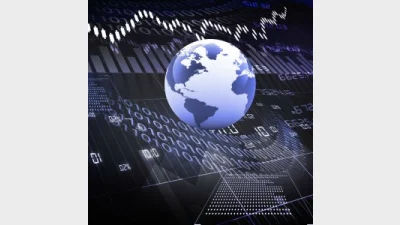Investors should brace for geopolitical volatility



Geopolitical factors will impact Australian investment decisions over the next decade in a far more serious way than in the past, according to leading geopolitical strategist, Dr Alan Dupont.
Dupont opened the Lonsec Symposium in Sydney today with the admonition that geopolitical risk has been on an upward trend for the past two decades, doubled after the 9/11 World Trade Centre attacks and is continuing to rise.
He said that understanding the implications of the rising geopolitical risks had become increasingly important to investment managers as they sought to deal with the implications of factors such as Brexit, US/China tensions, North Korea and rising great power rivalry.
Further, Dupont said investors also needed to face into these changes while be cognisant of the shift from “pax Americana” to a new more turbulent world.
He said that in these circumstances there was likely to be continuing high levels of geopolitical volatility because it might take 10, 20 or even 30 years before a more stable environment evolved.
However, he said that he believed that in the evolving new dynamic, China would not rule the world, but neither would the US or Russia.
Dupont said that, rather, he believed that the US power would endure and strengthen in the medium term but that European power would decline and be more difficult to reverse.
Recommended for you
Ethical super fund Australian Ethical has announced the appointment of Anthony Lane as chief operating officer.
The structural shift towards active ETFs will reshape the asset management industry, according to McKinsey, and financial advisers will be a key group for managers to focus their distribution.
ASIC has warned that practices across the $200 billion private credit market are inconsistent and, in some cases, require serious improvement.
A surge in electricity prices has driven the monthly Consumer Price Index to its highest level in a year, exceeding forecasts.









